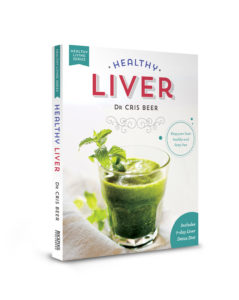Article in Body and Soul
Most of us know that we can turn to our GP when we have sore throat, an itchy rash, or a pain in the stomach. What few of us realise however is that a GP’s knowledge far extends beyond that of common everyday ailments to more specialised advice. Although modern medicine has become very sub-specialised these days it is still worth keeping in mind that your GP will be able to help you with a variety of health concerns or questions you may have.
Travel advice
Your GP will be able to advise you of which locations to be careful of to avoid certain diseases, which foods or drinks to avoid, and where to turn to if you have a medical issue whilst overseas. Your GP will also be able to prescribe travel sickness medication as well as malaria prevention if needed. Your GP can advise you on what to take if you develop traveller’s diarrhoea, develop an ear infection, or an unexplained rash. If travel immunisations are required, your GP is best placed to administer these to you as well.
Skin Checks
Every GP is trained to recognise suspicious skin lesions including skin cancers. Although specialist skin cancer centres have cropped up over the last decade all GPs are able to undertake a head-to-toe skin examination, which is recommended every 12 months for every Australian from around the age of 18 years.
Pre-Pregnancy Advice
If you are planning on conceiving then consider speaking with your GP well ahead of falling pregnant. GPs are able to advise what supplements to take, what medications to avoid, as well as undertake a full personal and family history to identify if there are any inherent genetic risks to your children to be mindful of and potentially screen for.
Lifestyle & Weight Loss Advice
If you have contemplated making some lifestyle changes then consider speaking with your GP first who will likely undertake some basic screening to make sure you are able to start an exercise program as well as determine if there are any underlying undiagnosed medical conditions that may prevent weight loss, such as a thyroid condition. Your GP will be able to guide you as to what weight loss supplements to avoid due to harmful ingredients and will be able to refer you to a qualified dietician for more specific dietary advice. They will also serve as regular accountability to assist you with keeping on track with your health goals.
Keep in mind that your GP has a broad-range of knowledge covering most aspects of your health and wellbeing so consider discussing with them if you have any health or lifestyle-related questions.
#healthyhabits #healthyliver
Dr Cris
Holistic Medical Doctor, Author ‘Healthy Habits, 52 Ways to Better Health‘ and Healthy Liver



